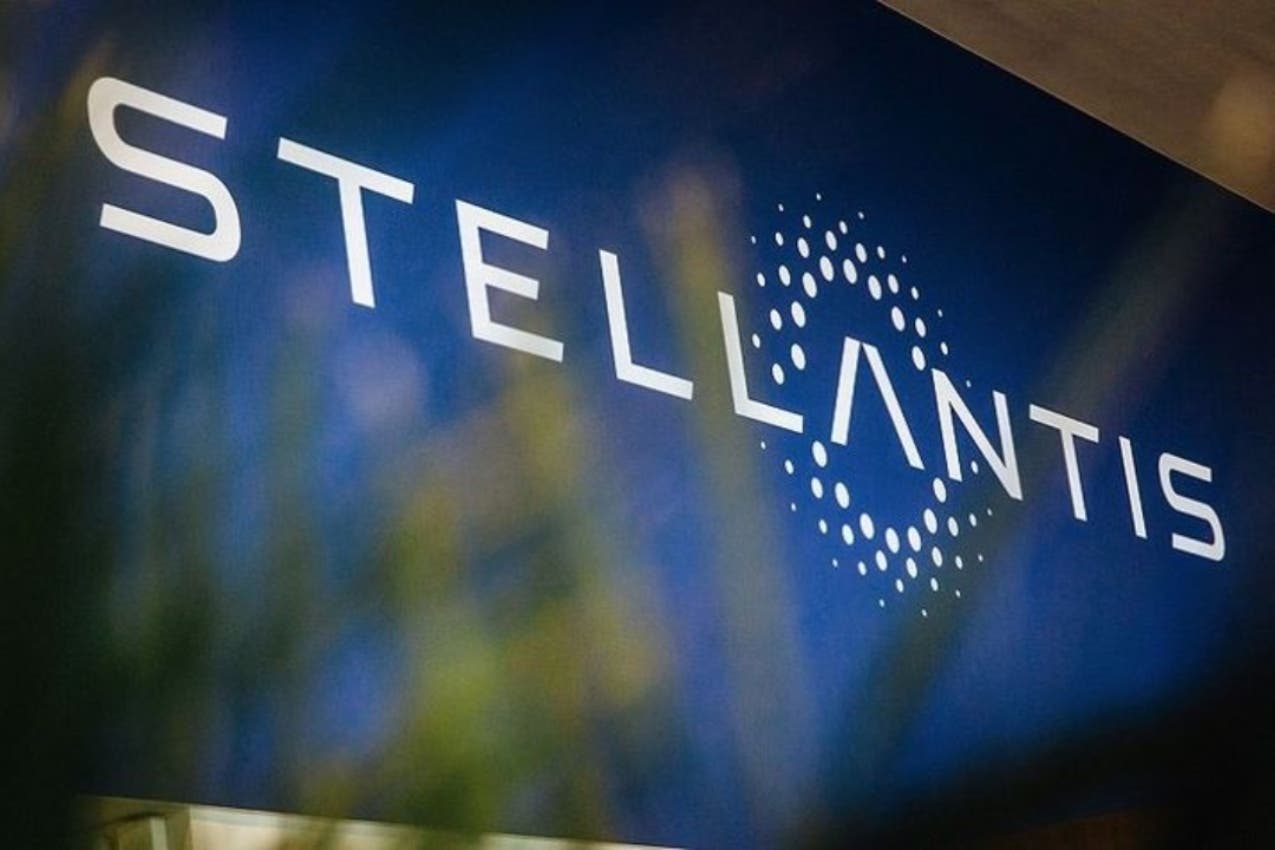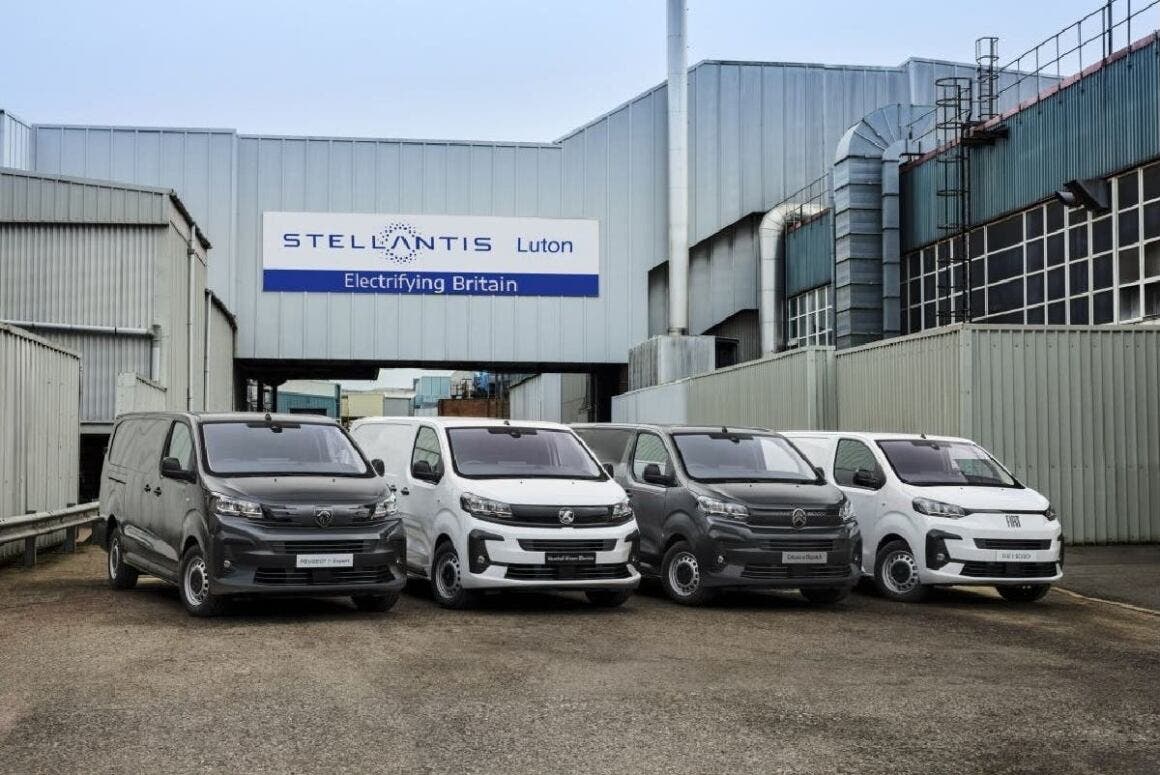Maria Grazia Davino, head of Stellantis in the United Kingdom, has warned that the automotive group could cease building vehicles in the country if the government’s electrification initiatives create a “hostile” business environment. Speaking at the annual summit of the Society of Motor Manufacturers and Traders in London, Davino cautioned about the existential threat posed by measures such as the zero-emission vehicle (ZEV) mandate and proposed bans on the sale of new combustion engine cars starting from 2030.
Stellantis does not rule out stopping vehicle production in the UK due to new Government electrification proposals

When asked by Autocar if Stellantis can continue to grow its business in the UK under the current terms of the ZEV mandate, which means that an increasing percentage of each manufacturer’s UK sales must be electric from 2024 to 2030, Davino replied: “Yes, we can continue to grow. We can survive because we are suited to every circumstance.”
However, she said: “In the UK, there will certainly be consequences on the production setup. Stellantis production in the UK could stop.” Davino echoed recent comments by group CEO Carlos Tavares, who called the ZEV mandate “terrible” and believes it could “kill” the British automotive industry.
Stellantis currently builds small and medium-sized vans and minivans at its Ellesmere Port and Luton plants respectively, having ended car production in the UK with the withdrawal of the latest generation Astra in 2021. “It’s not what we want to do,” Davino said, adding that she “doesn’t have a plan” or a predicted timeline to end production in the UK if necessary.

Starting in 2024, 22 percent of each manufacturer’s UK sales must be exclusively electric, or punitive sanctions will be imposed. This percentage will increase to 80 percent by 2030, before combustion product sales are completely banned in 2035, according to current Conservative policy. The Labour party has stated it will bring this ban back to 2030. But Davino stated that current market demand does not confirm this predicted timeline: “This strategy could be very damaging in the near future for the industry and for us at Stellantis. It’s not just what will happen in 2030 or 2035, but what will happen in 2024, 2025, 2026.
“If demand doesn’t follow supply, then we will be forced to make decisions because we manage profits and losses, we manage operational decisions that have an impact on the UK. I can’t answer the question about ‘when?’, because we don’t plan it. It’s not what we want to do and we will fight for our production in the UK. But you need to have advantages to build in a country,” Davino concluded.

